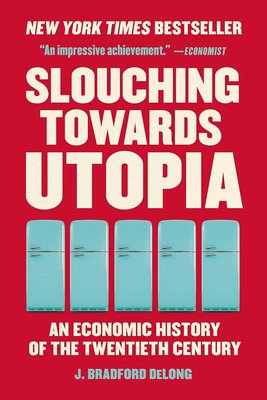According to the conventional rules of politics, Democrats should be on track for electoral disaster this November. Joe Biden’s approval rating is stuck around 42 percent, inflation is still sky-high and midterms usually swing against the incumbent president’s party — a recipe for the kind of political wipeouts we saw in 2018, 2010 and 1994.
But that’s not what the polls show. Currently, Democrats are on track to hold the Senate and lose narrowly in the House, which raises all kinds of questions: Why are Republicans failing to capitalize on such a favorable set of circumstances? How did Democrats get themselves into this situation — and can they get out of it? And should we even trust the polls giving us this information in the first place?
Matt Yglesias is a veteran journalist who writes the newsletter “Slow Boring” and co-hosts the podcast “Bad Takes.” And in recent years he’s become an outspoken critic of the Democratic Party’s political strategy: how Democrats communicate with the public, what they choose as their governing priorities and whom they ultimately listen to. In Yglesias’s view, Democrats have lost touch with the very voters they need to win close elections like this one, and should embrace a very different approach to politics if they want to defeat an increasingly anti-democratic G.O.P.
We discuss why Yglesias thinks the 2022 polls are likely biased toward Democrats, how Republicans’ bizarre nominee choices are giving Democrats a fighting chance of winning the Senate, why Biden’s popular legislative agenda hasn’t translated into greater public support, the Biden administration’s “grab bag” approach to policymaking, why Yglesias thinks there’s been a “regime change” in how Democrats think about elections, how social media has transformed both parties’ political incentives, what the Democratic agenda should look like if the party retains both houses of Congress and more.
Book recommendations:
Famine: A Short History by Cormac Ó Gráda
Slouching Towards Utopia by J. Bradford DeLong
Strangers to Ourselves by Rachel Aviv
Thoughts? Guest suggestions? Email us at
[email protected].
You can find transcripts (posted midday) and more episodes of “The Ezra Klein Show” at nytimes.com/ezra-klein-podcast, and you can find Ezra on Twitter @ezraklein. Book recommendations from all our guests are listed at https://www.nytimes.com/article/ezra-klein-show-book-recs.
“The Ezra Klein Show” is produced by Emefa Agawu, Annie Galvin, Jeff Geld and Rogé Karma. Fact-checking by Michelle Harris, Mary Marge Locker and Kate Sinclair. Original music by Isaac Jones. Mixing by Jeff Geld, Sonia Herrero and Isaac Jones. Audience strategy by Shannon Busta. Special thanks to Kristin Lin and Kristina Samulewski.










